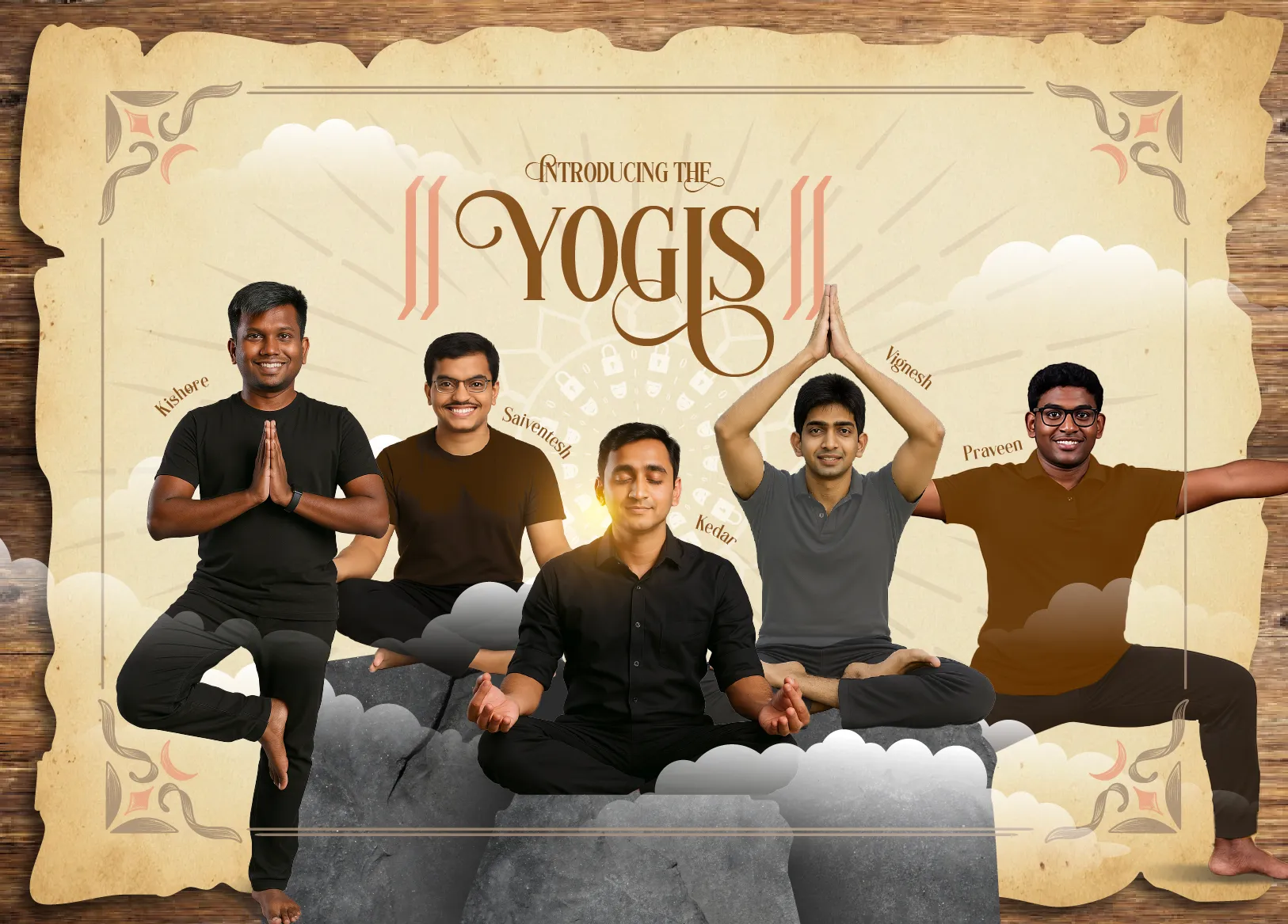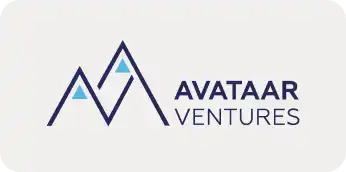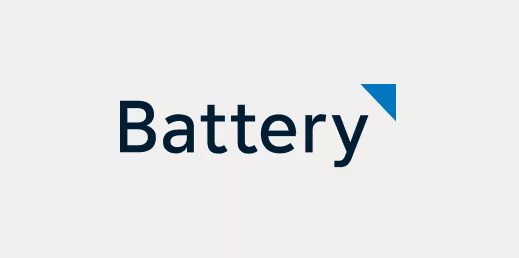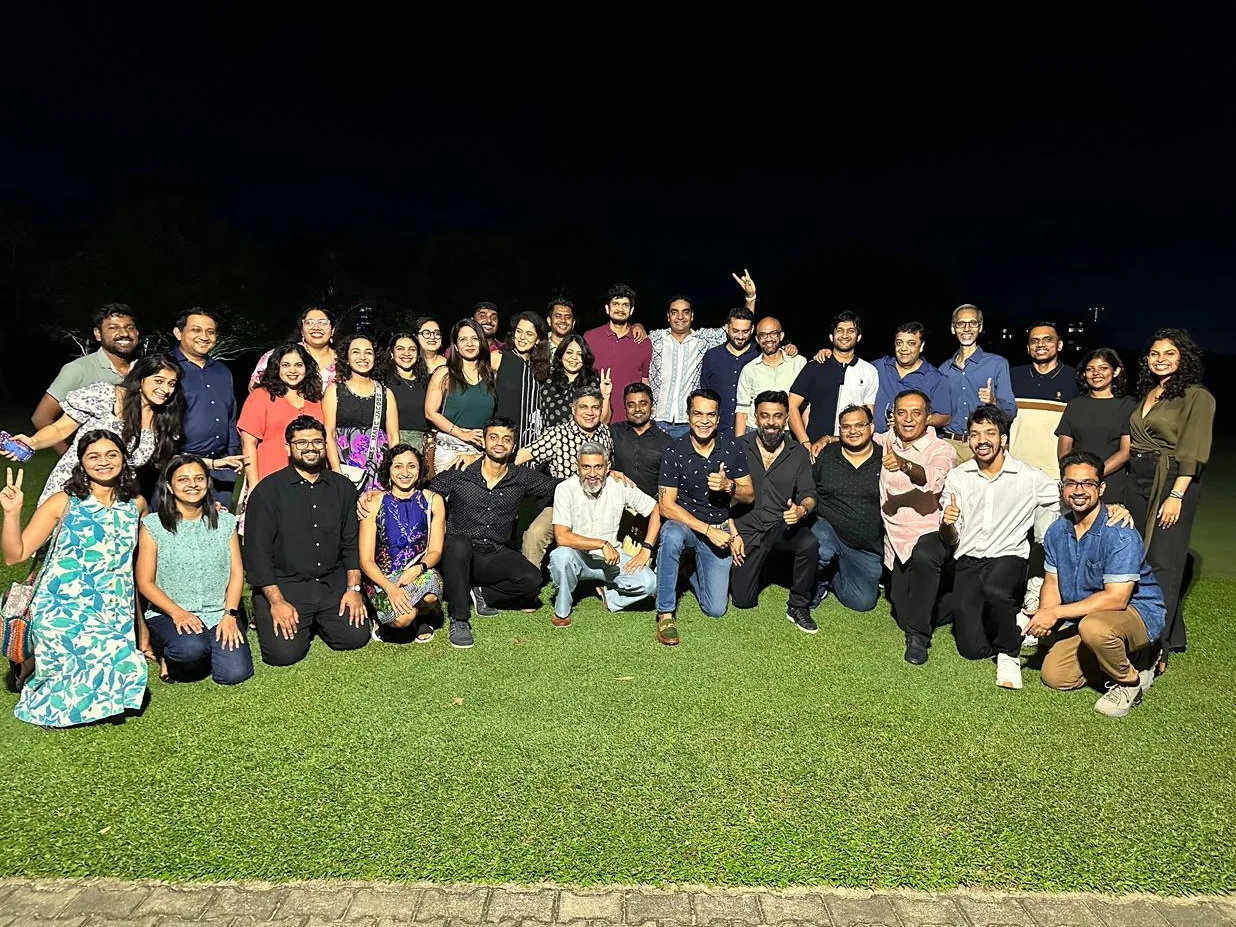
SaaSBoomi’s 7th Volunteer Retreat in Colombo felt like stepping into a city and a community that quietly reshape you. Between Colombo’s cultured charm, its sunsets over Galle Face, and its food that tasted like memory, what stayed with us was the beauty of the place and the bonds forged within our crew: the late-night honesty, the laughter that split open the room, the raw conversations that stitched us closer.
I want to give special mention to two souls who already feel like family.
Vishal Virani from Rocket. The young sensation from Surat, a city famous for diamonds and textiles, who’s making India impossibly proud. He’s building AI-powered development tools that have reached hundreds of thousands of users across hundreds of countries in just 16 weeks. Vishal carries himself like he’s ten feet tall, and rightfully so! He brings 80 founders to SaaSBoomi Annual every year. When asked why he does it, his answer is simple: “I do my duty.” There’s a clarity to Vishal that cuts through noise. A confidence earned through building, failing, and rebuilding. He represents what’s possible when small-town India decides to play on the global stage.
And Keerthi Madhu, SaaSBoomi’s COO, whose warmth feels like coming home. She’s a builder at heart—of communities, systems, stories, safe spaces. At SaaSBoomi, her operational brilliance makes everything around her work seamlessly. She makes everyone feel like they are a part of something intimate. Keerthi has this way of making you feel seen, heard, and valued. She’s already much loved in the community, and after spending three days watching her, engaging in deep conversations, I understand why.
I personally feel the real magic lies in discovering people you know you can call at 2 AM. People you can be emotionally naked in front of. People who will be brutally honest with you even when you’re on the receiving end, because they genuinely want your well-being at their heart.
Watching builders push their own limits and leaders create a sense of home reminded us why this collective matters. As one of us put it, SaaSBoomi is sacred; something worth protecting, nurturing, and passing on to our grandkids. This retreat was a reminder of the foundation we are quietly and intentionally building: India’s Product Nation, powered by people who show up for each other.
What we’re really solving for
Thirty-two founders came together in this retreat. CEOs running multi-million dollar companies. Technical wizards who’ve scaled products to millions of users. First-time entrepreneurs, still figuring out what’s next.
Strip away the titles and here’s what we found: everyone’s fighting the same war on different fronts.
The conversation that emerged went straight to the fundamentals—about what India needs to become a true product nation, and whether we have the structures in place to get there.
Someone shared their reality: “I built a SaaS product to half a million in ARR with 50 people. Now I need to build an AI product. What do I think about product management? Everything I learned—sprints, CRMs, roadmaps—it’s all out the window.”
Another founder, building in vertical AI, opened up: “We researched, talked to everyone we could find, rebuilt our entire approach. Now we’re at 70% gross margins, which is apparently the highest in this space. It took us six months of painful learning. Why should the next founder take six months to learn what I can share in six hours?”
A third founder described the infrastructure challenge: “I spent six months trying to get AWS as a partner. Meanwhile, founders in the Valley walk into their first customer meeting with AWS on speed dial. The playing field isn’t level.”
The talent problem kept surfacing. “How many AI founders do we have in India? Even if we decide on ambitious goals, who will help us? Every VC I talk to asks: ‘Will you move to the US?’ I say no. They say: ‘Rejected.’ The infrastructure that made SaaS possible in India—the community, the capital, the expertise—it doesn’t exist yet for AI.”
These are real problems being faced by real founders building real companies. And they need answers this quarter.
The compression problem
Here’s what became clear in that room: startup journeys used to unfold over decades. You’d stumble, fall, learn, iterate. SaaSBoomi compressed that journey from 50 years to 10 years by creating peer-to-peer learning at scale.
AI gives us 10 months. Maybe less.
By the time you’ve figured out the right architecture, OpenAI has launched GPT-5 and your entire stack needs rethinking. By the time you’ve solved your gross margin problem through careful model optimization, the cost of inference has dropped 80% and the entire pricing paradigm has shifted. By the time you’ve hired the right AI talent, they’re being recruited by a US company offering 3x your package and a Green Card pathway.
One founder described it perfectly: “The pace in AI is so fast that if you take even six months to figure something out, you’ve already lost. In SaaS, we had time to iterate. In AI, iteration needs to happen in weeks.”
Another added, “Right now, everyone is drowning in Twitter noise. One founder says they’re doing $1M a month. Another says you need a five-person team. Another says gross margins don’t matter until you’re at scale. It’s all noise. What we need is signal from people who’ve actually done it, in India, with Indian cost structures and Indian talent pools.”
The compression cycle needs to compress even further. Days. Hours.
What emerged from the chaos
After hours of debate and the occasional frustrated outburst when someone hit a nerve, three themes crystallized:
1. Pure Learning: Knowledge at the Speed of Change
The world is changing too fast for annual conferences. Founders need access to cutting-edge insights at the pace of change itself.
“If you’re building horizontal AI and growing at less than $1M ARR per month, diagnose immediately: why? Is it your GTM? Your product? Your market positioning?”
The periodicity matters too. In AI, meeting once a quarter is too slow. Weekly touchpoints. Rapid iteration. Fast feedback loops. If things are changing every six weeks, the community needs to pulse at least that frequently.
2. Expert Connect: Making Expertise Accessible
Knowledge exists. It’s trapped in individual heads, scattered across LinkedIn profiles and Twitter threads.
One founder described what they need: “I don’t need a presentation. I don’t need a keynote. I need two hours with someone who’s been through this exact problem. I need them to look at my numbers and tell me where I’m going wrong. I need tactical, specific, implementable advice.”
Another founder, building an AI agent platform, shared their struggle: “I’ve been approaching AI like a SaaS product. Product managers handling product, engineers handling engineering. Then someone told me: in AI, you need to learn RAG, you need to understand context engineering, you need to know which embedding models to use. The lines are blurred. I needed someone to sit with me for three hours and teach me what I didn’t know I didn’t know.”
That’s what expert connect solves. Access to people who’ve walked the path. Who’ve made mistakes. Who can compress your learning from six months to six days.
3. Localized Benchmarks: Truth in Numbers
Every founder is drowning in Twitter noise. US benchmarks don’t apply to Indian realities.
A San Francisco AI company can hire a senior ML engineer for $400K and it’s normal. In India, the same hire costs $60K and feels expensive. A US company can charge $99/month for an AI tool and customers don’t blink. In India, $99/month is a significant commitment that requires multiple stakeholder approvals.
What we need: real data from real Indian AI companies. Raw numbers. Honest challenges. Tactical playbooks.
“How many companies are building AI for India?” someone asked. “How many are solving India-specific problems with India-specific cost structures?”
The goal: give founders a mirror to see themselves clearly. To know where they stand relative to peers. To identify blind spots before they become fatal wounds.
The role model gap
One uncomfortable truth kept surfacing, returning like a tide: we need more AI role models building from India and staying in India.
When SaaSBoomi started, we had scaled founders who’d been through the journey and could open their playbooks without fear.
In AI? The best founders hear from VCs: “Will you move to the US?” And when they say no, the response is often: “Come back when you’re ready to be serious.”
For AI to work in India, we need founders who’ve achieved scale to stay accessible. To answer messages from first-time founders. To share their P&Ls, their CAC payback periods, their gross margin struggles.
We need role models who prove it’s possible to build from Surat, from Hyderabad, from Bangalore, from Chennai, from so many cities in India and win globally.
A 10-year mission
After the chaos settled, someone offered this North Star:
“10 years from now, India should be the AI leader.”
The room went quiet. Then came the hard questions: What does AI leadership actually mean and what’s the objective we should go after and in how much time?
The answers that emerged:
20-25 companies achieving rocket-scale growth
We’re talking about companies growing at $1M+ ARR per month. Companies that are successful by global standards. Companies that make Silicon Valley investors say: “Wait, that’s from India?”
10 companies going public
Real liquidity events. Real proof that building from India works. IPOs. Companies that create generational wealth for employees and ecosystems.
Few companies in the global top 10 in AI
Top 10 globally. Period. Companies that, when people list the major players in AI—OpenAI, Anthropic, Cohere, Mistral—Indian companies are on that list without qualification.
India becomes the destination for AI talent
Indian ML engineers stop moving to SF. SF engineers start considering Bangalore. Because the problems being solved here are interesting. Because the compensation is competitive. Because the mission is compelling.
Ambitious? Absolutely.
Impossible? Not even close.
The hard truth: SaaSBoomi can’t solve every problem. What it can do is create the conditions for breakthrough success. Compress learning timelines. Facilitate expert access. Provide benchmarks. Create a community.
The rest is up to the founders to execute.
What I’m taking away
What I’m carrying back is something deeper.
I’m carrying back a clarified sense of what we’re building and why it matters.
India’s product nation story is being written right now. The same way it was being written 10 years ago in a very different way. This decade. These companies. These founders. The volunteers having these hard conversations are doing it because they’ve tasted what’s possible when founders come together without ego, share their hardest problems, and build solutions collectively.
I’ve found people who will tell me when I’m wrong, because they want to see me succeed. I’ve found people who will take my call at midnight, because they genuinely care. I’ve found people whose success makes me as happy as my own, because we’re all rowing in the same direction.
That’s rare. That’s sacred. That’s worth protecting.
What comes next
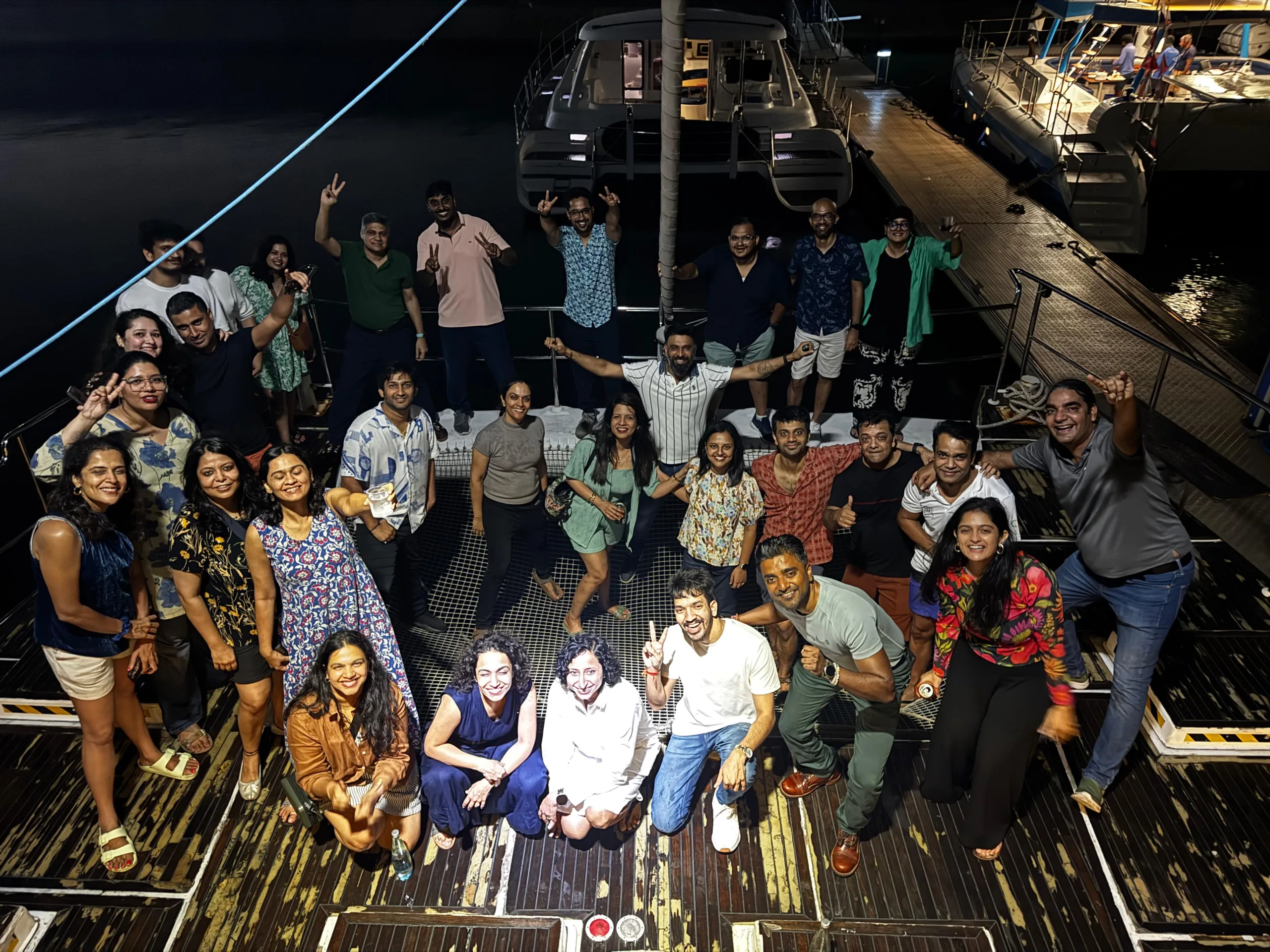
The retreat ended. We flew home. Life resumed its usual pace.
Because here’s what we all know: India has just a few years to define its position as a product nation—maybe less.
The founders who figure out AI product management, who crack the myriad of puzzles, they’re the ones who’ll define this decade. And if SaaSBoomi can compress their learning journey, if we can connect them to the right experts, if we can give them the benchmarks and questions that matter, we’ll have done our part.
That’s the mission we’re building toward.
And I’m grateful beyond measure to be building it alongside people who’ve become family.
People like Vishal, who embody the hunger and humility of small-town India competing globally.
People like Keerthi, whose operational brilliance makes chaos feel like choreography.
People like Pallav, who for over a decade has championed the product nation dream with unwavering conviction, carrying the torch through seasons of doubt and triumph alike.
People like Shruti, who stand as living proof that character and clarity can coexist—that you can be principled without rigidity, direct without harshness.
People like Arvind, whose presence alone compels everyone in the room to think bigger, reach higher, shed the small ambitions for the audacious ones that actually matter.
People like Mrigank, who understand that grand visions require painstaking systems—who are willing to build programs methodically, brick by brick, inch by inch, until the architecture reveals itself.
People like Sachin, who even on a retreat meant for rest, finds time to sit with a founder’s spreadsheet, to listen to their fears, to help them see the path forward.
People like Abhi, who think from the heart and execute with the precision of the brain—that rare synthesis of empathy and exactitude that makes ideas become reality.
People like Aditya, who promise good times and deliver on that promise every single time—who remind us that building something meaningful doesn’t mean forgetting how to laugh.
People like Amrutha, Mansi, Nivedha, who speak their minds with a filterless honesty that would be abrasive in lesser souls—in them it radiates as something deeply beautiful, the kind of truth-telling that strengthens rather than wounds.
The dozens I couldn’t name, each bringing their own irreplaceable gifts. The ones who spot the detail everyone else missed. The ones who crack jokes at precisely the moment tension needs breaking. The quiet ones whose wisdom surfaces in unexpected moments. The connectors who know exactly who should meet whom. The storytellers who make things come alive. The skeptics who ask the hard questions that save us from bad decisions. Each one makes this community what it is.
And finally, people like Avinash Raghava, for whom the product nation goes beyond project or passion—it’s the very rhythm of existence. The first thought upon waking.
And somewhere in this beautiful, messy, ambitious journey, India becomes what we’ve always known it could be: a product nation that leads. That innovates. That builds technology that solves real problems for real people, at scale, globally.
That’s worth fighting for.
That’s worth protecting.
Until next time,
Aastha
P.S. If you’re a founder building in AI, if you’re struggling with any of the challenges mentioned above, if you need a connection to the right people or the right questions—reach out. The whole point of community is that you don’t have to figure it out alone. That’s what SaaSBoomi exists for.








